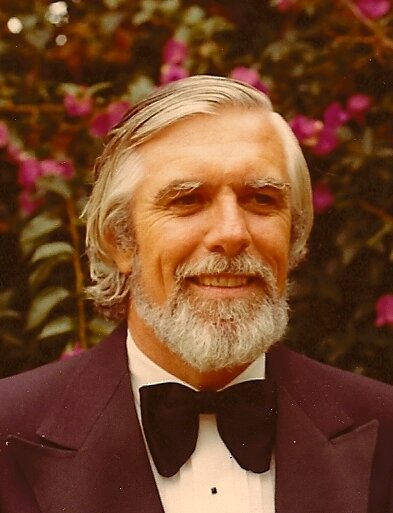About Alfred Kildow
Alfred Kildow is a former Air Force jet fighter pilot who trained for a mission not unlike the one described in his novel “FALLOUT: remains of an atomic war.”
He also served in senior executive positions with aerospace companies that are leaders in rocketry and military electronics. He was a director at the prestigious American Institute of Aeronautics and Astronautics. He lives in Boothbay Harbor, Maine.
Kildow grew up in San Diego. Orphaned as a child, he lived in his car for a time, after flunking out of college just ten weeks in. He joined the Air Force out of desperation and, miracle of miracles, became a fighter pilot and served in Korea in a fighter-bomber squadron. As the war ended he was shipped to Japan to join a top-secret program to develop the means to launch atomic bombs from a fighter. From that experience he imagined the novel “Fallout.”
Through another fluke, Kildow next became a journalist, first with the Redding (Calif.) Record Searchlight, where he rose to become City Editor, then to the San Jose Mercury-News, where he served as Assistant Sunday Editor and Aviation Editor. There he mostly wrote features about people ranging from Olympic swimmer Chris von Saltza to F.B. Morse, founder of Pebble Beach and grandson of that other Morse.
Seeking added resources to support his family, which by then included three daughters, Kildow used his military and journalism experiences to land a public relations position with Aerojet General Corporation, then the free-world’s leading rocket company.
Later he directed public affairs for the American Institute of Aeronautics and Astronautics, then a 33,000-member professional society instrumental in fostering advances in aviation and space exploration.
At an AIAA meeting, Kildow met Jonas Salk, who soon hired him away to join him at the Salk Institute in La Jolla, where Kildow had gone to high school. His first task with Salk was to replace author Michael Crichton, who had been serving as Salk’s assistant. His second task was to handle the global press hurricane that followed Salk’s marriage to Francois Gilot, the artist who bore two of Pablo Picasso’s children.
For a short, abortive time Kildow was Corporate Public Relations Director of the Raytheon Company.
He was then tapped by Nobel Laureate David Baltimore to help him start the Whitehead Institute for Biological Research at MIT. That lead to a decades-long battle to help Baltimore clear his name against an unwarranted attack by a powerful congressman. Baltimore — and truth — prevailed.
For another decade, Kildow worked at the University of Southern California, first as an associate dean of the school of medicine, then in a series of senior positions in public relations.
At an AIAA meeting in Washington in 1968 Kildow met and, three years later, married Judith Tegger who, when she retired from a long career as a professor at MIT, founded the National Ocean Economics Program. She moved it to the Middlebury College Monterey Institute in California, where the Kildows lived for many years before retiring to Nevada City, California.
Until recently they lived in Dallas a few blocks away from their daughter Meredith, her husband Matteo, and our two grandsons, Colby and Remy. But in fall, 2020, after Meredith and her tribe moved to Marblehead, Mass., Judy and Al moved to Boothbay Harbor, Maine, just a short drive away from their grandsons. Al celebrated his 92nd birthday there on January 16, 2025.
Daughter Renee is an artist working in films in Brooklyn; daughter Kelly, whose professional name is Cella, lives in San Francisco, while running an art school in Liverpool, England.

